Supplements and Vitamins for Mental Health
Introduction to Nutritional Psychiatry
Nutritional psychiatry is an emerging field that examines the relationship between diet, nutrient intake, and mental health. Research in this area has grown exponentially in recent years, with studies showing clear connections between nutritional status and brain function, mood regulation, and mental health outcomes.
The brain requires a constant supply of nutrients to function optimally. Key nutrients that play critical roles in brain health include:
- Essential Fatty Acids – Omega-3s like EPA and DHA, which form a significant portion of brain cell membranes and regulate inflammation
- B Vitamins – Critical for neurotransmitter synthesis, energy production, and methylation processes
- Minerals – Zinc, magnesium, and iron are cofactors for hundreds of enzymatic reactions involved in brain function
- Amino Acids – Building blocks of neurotransmitters and proteins
- Antioxidants – Protect the brain from oxidative stress and inflammation
While a nutrient-dense diet remains the foundation for optimal brain health, supplementation may be beneficial in certain circumstances:
- When there are established nutrient deficiencies
- When increased nutrient needs exist due to genetic factors, stress, illness, or medications
- When specific nutrients have been shown to help with particular mental health conditions
- When dietary intake is insufficient due to food preferences, allergies, or digestive issues
This encyclopedia explores the research behind various supplements and their potential benefits for specific mental health conditions. However, supplements should be part of a comprehensive approach to mental health that includes proper nutrition, physical activity, stress management, social connection, and professional treatment when needed.
Important Tip: Always consult with a qualified healthcare provider before starting any supplement regimen, particularly if you have existing health conditions or are taking medications. Supplements can interact with drugs and may not be appropriate for everyone.
Supplements for Anxiety and Stress

Anxiety disorders are among the most common mental health conditions. While therapy and medication are frontline treatments, certain supplements have shown promise in managing anxiety symptoms and supporting stress resilience.
L-Theanine
L-theanine is an amino acid found primarily in green tea that has been used for centuries to promote relaxation. It works by increasing alpha brain waves associated with a state of “relaxed alertness” and by modulating neurotransmitters including GABA, dopamine, and serotonin.
L-theanine appears to be most effective for:
- Generalized anxiety and everyday stress
- Situational anxiety (such as before public speaking or exams)
- Reducing physical symptoms of anxiety like increased heart rate
- Promoting relaxation without sedation
- Improving attention and focus during stressful tasks
Typical dosage: 200-400mg daily
Research: A 2019 randomized controlled trial published in Journal of Psychiatric Research found that L-theanine (200mg twice daily) significantly reduced anxiety symptoms, improved sleep quality, and decreased cognitive stress responses in adults with generalized anxiety disorder.
Absorption Tip: L-theanine is water-soluble and can be taken with or without food. It is rapidly absorbed, with peak plasma levels occurring within 30-50 minutes of ingestion.
Interaction Warning: L-theanine may have additive effects with sedative medications. Consult your healthcare provider before combining L-theanine with drugs that cause drowsiness.
Learn more: L-Theanine & Green Tea for Anxiety
Magnesium

Magnesium is an essential mineral that acts as a cofactor in over 300 enzymatic reactions in the body. Often called “nature’s relaxant,” magnesium plays a critical role in regulating the stress response and supporting healthy nervous system function.
Magnesium helps regulate anxiety through several mechanisms:
- Modulating GABA receptors (the primary inhibitory neurotransmitter)
- Regulating the HPA axis, which controls stress hormone production
- Blocking NMDA receptors, preventing excessive glutamate activity
- Supporting healthy mitochondrial function for optimal brain energy
- Facilitating the synthesis of calming neurotransmitters
Magnesium may be particularly beneficial in forms like:
- Magnesium glycinate – highly bioavailable and less likely to cause digestive issues
- Magnesium threonate – specifically designed to cross the blood-brain barrier
- Magnesium taurate – combined with taurine, which has its own calming effects
Typical dosage: 200-600mg elemental magnesium daily
Research: A 2017 systematic review in Nutrients found that magnesium supplementation may be effective in reducing mild-to-moderate anxiety in susceptible individuals, with benefits seen across both clinical and subclinical populations.
Source: https://www.ncbi.nlm.nih.gov/pmc/articles/PMC5452159/
Absorption Tip: Magnesium is best absorbed when taken with food. Dividing the dose throughout the day can enhance tolerability and absorption.
Interaction Warning: High doses of magnesium can interact with certain antibiotics, bisphosphonates, and diuretics. Always check with your healthcare provider before starting magnesium, especially if you take medications.
Learn more: Magnesium for Anxiety
Inositol
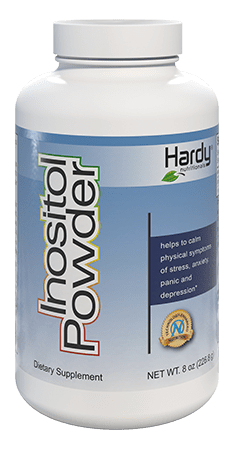 Inositol is a carbocyclic sugar that plays an important role in cell signaling pathways, particularly those involving neurotransmitters. It has shown particular promise for anxiety disorders through its effects on serotonin and dopamine receptor sensitivity and function.
Inositol is a carbocyclic sugar that plays an important role in cell signaling pathways, particularly those involving neurotransmitters. It has shown particular promise for anxiety disorders through its effects on serotonin and dopamine receptor sensitivity and function.
Inositol may be particularly beneficial for:
- Panic disorder – reducing both frequency and severity of attacks
- Generalized anxiety disorder – decreasing persistent worry and tension
- Obsessive-compulsive disorder – reducing intrusive thoughts and compulsions
- Social anxiety – improving comfort and functioning in social situations
Typical dosage: 12-18g daily, divided into multiple doses
Research: A 2018 review in Human Psychopharmacology found that inositol supplementation (12-18g daily) significantly reduced panic attack frequency and severity in patients with panic disorder, with efficacy comparable to certain anti-anxiety medications but with a more favorable side effect profile.
Absorption Tip: Inositol powder can be mixed into water or juice. It has a mildly sweet taste. Dividing the dose throughout the day can help with tolerability.
Interaction Warning: High-dose inositol may interact with certain medications like SSRIs. Always consult with your healthcare provider before starting inositol, especially if you are taking psychiatric medications.
Learn more: Inositol for Anxiety Disorders
Supplements for Depression and Mood Disorders
Depression is one of the leading causes of disability worldwide. While psychotherapy and medication are primary treatments, certain supplements have shown promise in supporting healthy mood function and addressing depressive symptoms.
Vitamin D
 Vitamin D functions more like a hormone in the body and plays a critical role in mood regulation. Deficiency is extremely common and research consistently shows a strong association between low vitamin D levels and increased risk of depression.
Vitamin D functions more like a hormone in the body and plays a critical role in mood regulation. Deficiency is extremely common and research consistently shows a strong association between low vitamin D levels and increased risk of depression.
Vitamin D influences mood through several mechanisms:
- Regulating gene expression involved in brain development and function
- Modulating neurotransmitter synthesis and activity
- Supporting healthy inflammatory responses in the brain
- Protecting neurons from oxidative damage
- Enhancing neuroplasticity and neurogenesis
Vitamin D supplementation may be most beneficial for:
- Individuals with confirmed vitamin D deficiency (levels < 30 ng/mL)
- Seasonal depression, particularly in winter months
- Depression with inflammatory components
- Older adults and people with limited sun exposure
Typical dosage: 1,000-5,000 IU daily (higher doses may be needed for deficiency)
Research: A 2019 meta-analysis in Neuropsychiatry analyzing 24 randomized controlled trials (2,128 participants) found that vitamin D supplementation significantly reduced depressive symptoms, with the strongest effects seen in individuals with clinically significant depression and vitamin D deficiency.
Absorption Tip: Vitamin D is best absorbed when taken with a meal containing fat. Vitamin D3 (cholecalciferol) is the preferred form as it is more effective at raising blood levels than D2 (ergocalciferol).
Interaction Warning: High-dose vitamin D can interact with certain medications like thiazide diuretics, calcium channel blockers, and glucocorticoids. Always check with your healthcare provider before starting a vitamin D supplement.
Learn more: Vitamin D for Depression
Omega-3 Fatty Acids
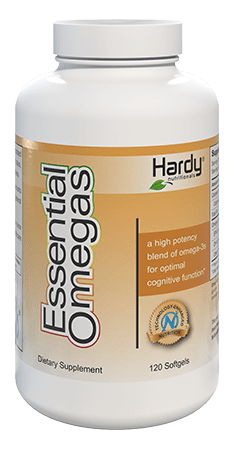 Omega-3 fatty acids, particularly EPA and DHA, are essential polyunsaturated fats that play crucial roles in brain function, neurotransmitter activity, and inflammatory regulation. Modern diets are often deficient in omega-3s while being excessively high in omega-6s, creating an imbalance that may contribute to mood disturbances.
Omega-3 fatty acids, particularly EPA and DHA, are essential polyunsaturated fats that play crucial roles in brain function, neurotransmitter activity, and inflammatory regulation. Modern diets are often deficient in omega-3s while being excessively high in omega-6s, creating an imbalance that may contribute to mood disturbances.
Omega-3s influence mood through several key mechanisms:
- Enhancing cell membrane fluidity, which affects neurotransmitter receptor function
- Reducing neuroinflammation, increasingly recognized as a factor in depression
- Promoting healthy brain-derived neurotrophic factor (BDNF) levels
- Modulating the HPA axis, which regulates stress responses
- Supporting mitochondrial function in brain cells
Omega-3 supplementation may be most beneficial for:
- Major depressive disorder, particularly cases with inflammatory components
- Bipolar depression (depressive phase of bipolar disorder)
- Depression during pregnancy and postpartum period
- Depression that hasn’t fully responded to conventional treatment
Typical dosage: 1-2g of EPA daily, often with smaller amounts of DHA
Research: A 2019 meta-analysis in Translational Psychiatry reviewing 26 randomized controlled trials (2,160 participants) found that omega-3 supplements with >60% EPA content (at doses ≥1g/day) were effective for patients with clinical depression, with effects comparable to some antidepressant medications.
Absorption Tip: Omega-3 supplements are best absorbed when taken with a meal containing fat. Storing fish oil in the refrigerator can help prevent oxidation and minimize “fish burps.”
Interaction Warning: Omega-3s can thin the blood. If you are on anticoagulant or antiplatelet medications, consult your healthcare provider before starting an omega-3 supplement.
Learn more: Omega-3s for Depression
For more information on supplemens for mental health consult our comprehensive guide for micronutrient and supplement therapy and how it can treat specific issues and enhance certain modalities of therapy.
If you’re interested in exploring micronutrient therapy as part of your anxiety treatment plan, Hardy Nutritionals offers a range of products to fit your specific needs. Their Daily Essential Nutrients clinical strength formula provides comprehensive, research-backed dosages in convenient capsule or powder form.
For 15% off in savings, use the offer code “Taproot” at checkout on the Hardy Nutritionals website to receive 15% off your order. @ GetHardy.com
It’s important to remember that while micronutrient therapy can be a powerful tool for managing anxiety, it is not a replacement for professional mental health care. Always consult with a qualified healthcare provider before starting any new supplement regimen, particularly if you have pre-existing health conditions or are taking medications.
Disclaimer: These statements have not been evaluated by the Food and Drug Administration. These products are not intended to diagnose, treat, cure, or prevent any disease. Please consult with a qualified healthcare professional before beginning any supplement regimen, particularly if you are pregnant, nursing, have a medical condition, or are taking medications. The information on this website doesnot constitute medical advice. We recieve a small commision on sales with Hardy Nutritionals through our offer code. Our affiliation does not effect treatment or recomendations made by Taproot authors, therapists or other staff.
Disclaimer
The information provided in this encyclopedia is for educational purposes only and should not be considered medical advice. While supplements can support mental health, they should not replace professional treatment. Always consult with a qualified healthcare provider before starting any supplement regimen, particularly if you have existing health conditions or are taking medications.
Individual results may vary, and what works for one person may not work for another. Some supplements may interact with medications or have side effects. We recommend working with a healthcare professional who can help determine which supplements may be appropriate for your specific situation.

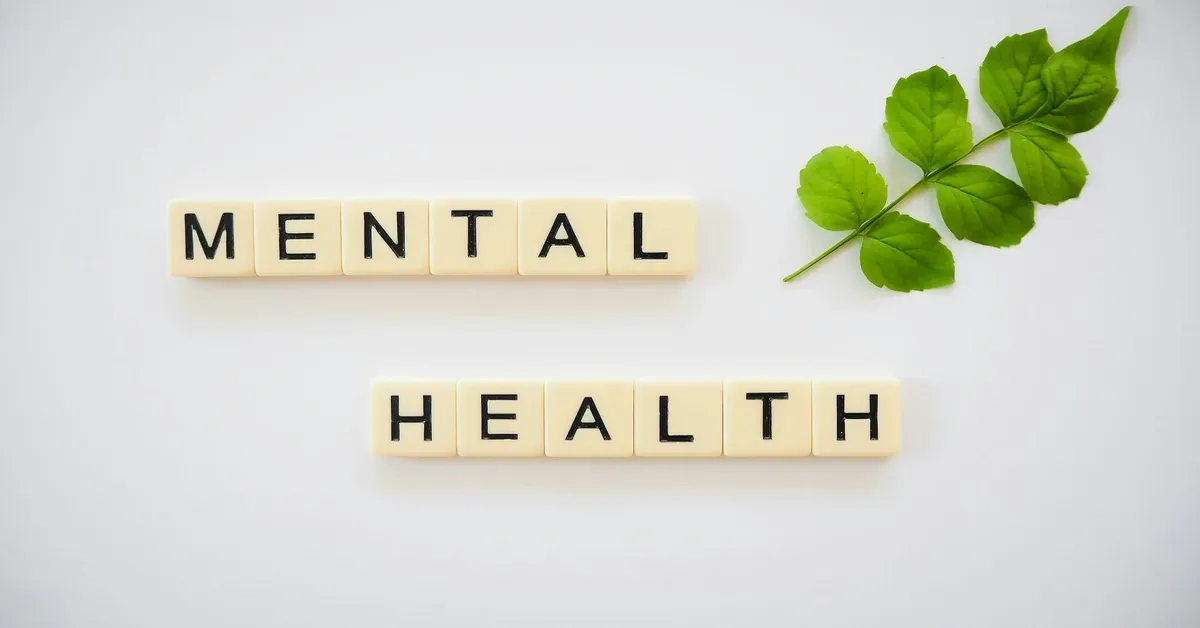













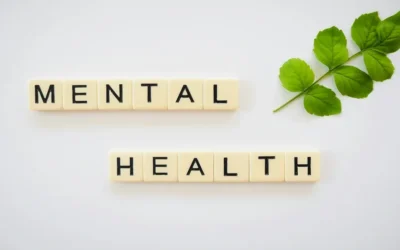

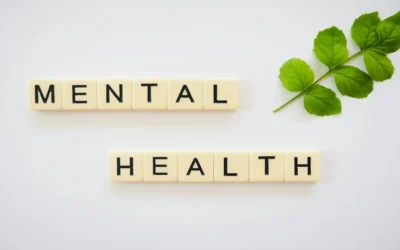





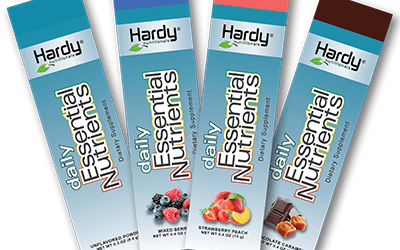

0 Comments